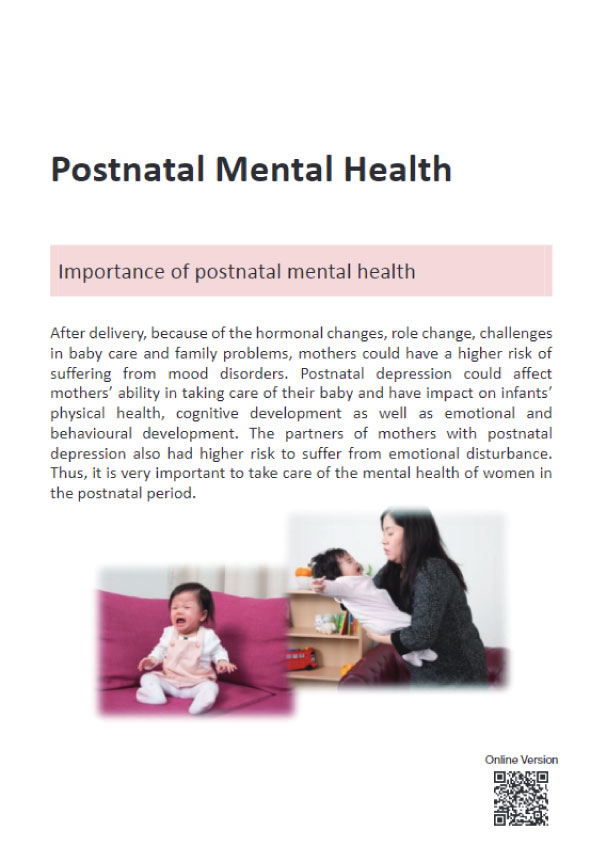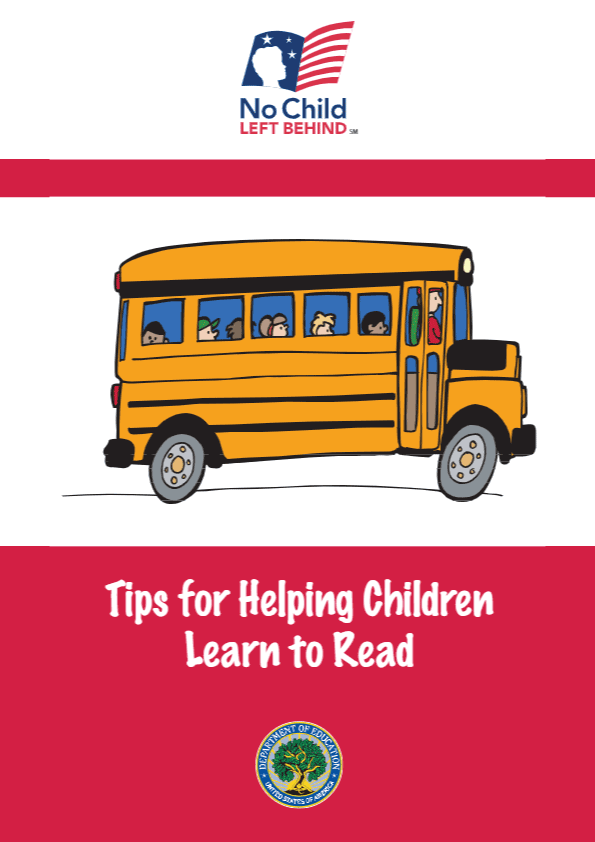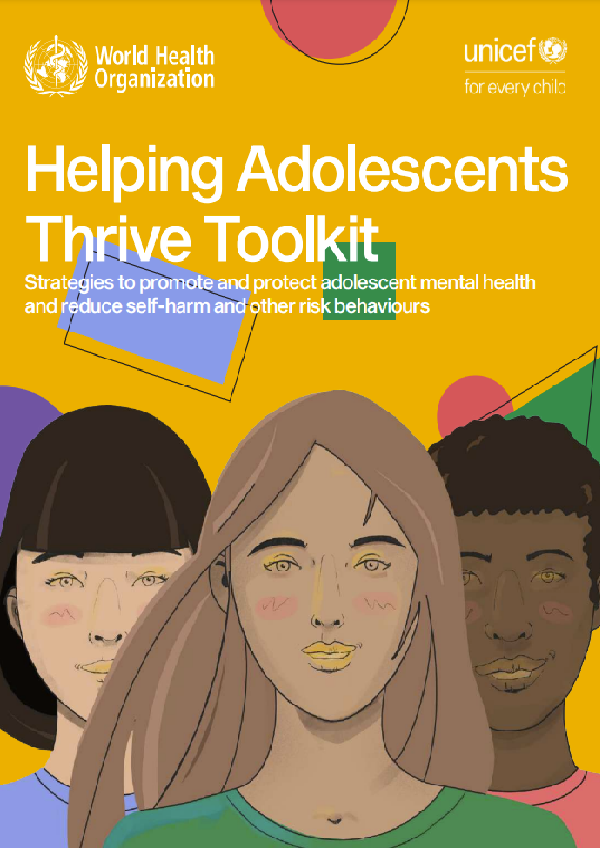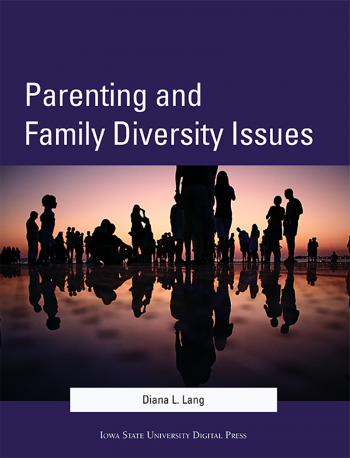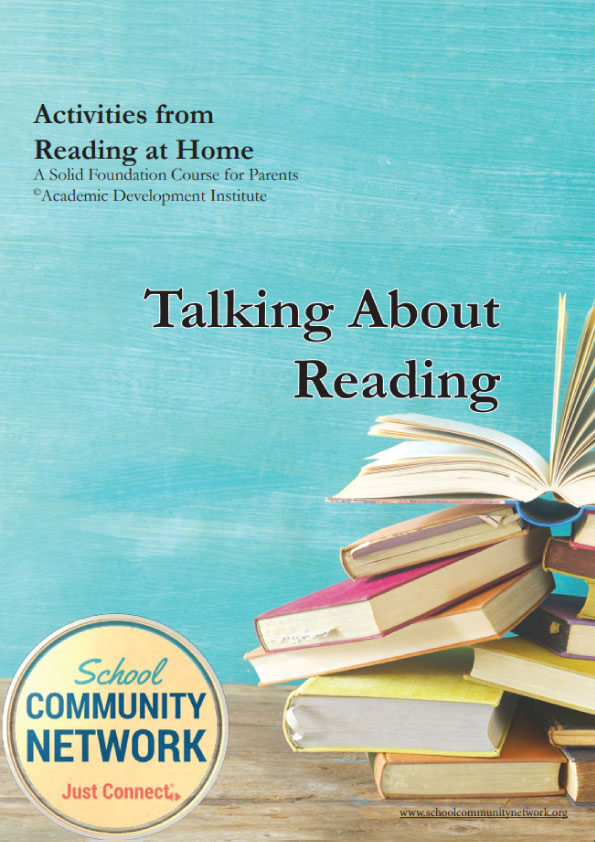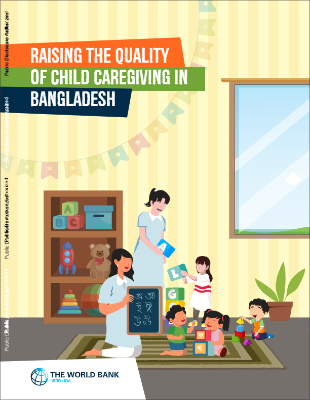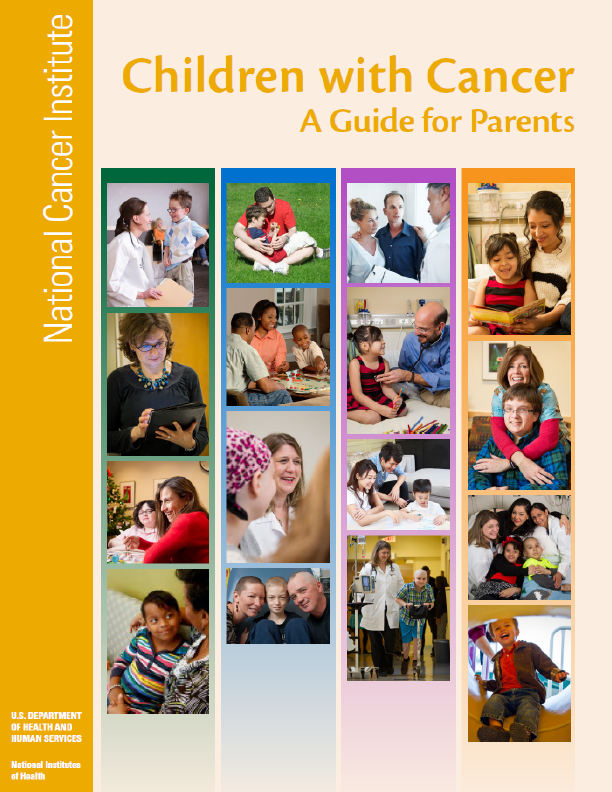Importance of postnatal mental health
After delivery, because of the hormonal changes, role change, challenges in baby care and family problems, mothers could have a higher risk of suffering from mood disorders. Postnatal depression could affect mothers’ ability in taking care of their baby and have impact on infants’ physical health, cognitive development as well as emotional and behavioural development. The partners of mothers with postnatal depression also had higher risk to suffer from emotional disturbance. Thus, it is very important to take care of the mental health of women in the postnatal period.
Major risk factors of postnatal depression
The exact causes of postnatal depression are unknown. Research findings indicated that the factors listed in the table below are correlated with an increasing risk of postnatal depression:
Clinical Factors
- Previous psychiatric conditions which include depression and anxiety disorders
- Antenatal depression or anxiety
Psychosocial Factors
- Anxiety-prone personality
- Lack of social support
- Poor marital relationship
- Dissatisfied in-law relationship
- Domestic violence
- Financial difficulties
- Stressful life events
Obstetric- and baby-related factors
- Perinatal complications
- Emergency caesarean section
- Previous miscarriage / difficulties in conception
- Unplanned pregnancy
- Baby born with congenital diseases/ premature birth
Postnatal mood problems
There are three main categories of postnatal mood problems: (1) postnatal blues, (2) postnatal depression and (3) postnatal psychosis, each of which differs in its prevalence, clinical presentation, level of severity and management.
(1) Postnatal Blues
- It affects about 40% – 80% of postnatal women
- It is a transient state characterized by mood swings, tearfulness, troubled sleeping and irritability. The symptoms usually occur around day 3 to day 5 after childbirth
- The symptoms are relatively mild and often settle spontaneously within days
(2) Postnatal Depression
- It affects about 13% – 19% of postnatal women
- Symptoms are similar to a depressive episode experienced at other times. The onset is usually within 6 weeks but can also occur anytime within a year after childbirth
- Most of the mothers with postnatal depression recover if they could be identified early and receive proper treatment and support by family
(3) Postnatal Psychosis
- It affects about 0.1% – 0.5% of postnatal women
- Prominent features include hearing non-existing voices, bizarre thoughts of being harmed by others and ideas of self-harm or baby-harm. Symptoms usually occur within 14 days after childbirth
- This is a psychiatric emergency. Urgent referral to a psychiatrist or attending Accident and Emergency Department of hospital is necessary
Early identification of postnatal depression
Major symptoms of postnatal depression include:
- Persistent period of low mood, such as feeling depressed and sad, crying without reason or wanting to cry but have no tears
- Loss of interest in almost all activities ( even lose interest in her child )
- Disturbance in appetite
- Sleep problems
- Fatigue or loss of energy for most of the time
- Difficult to concentrate or make decision
- Feeling guilty, worthlessness and hopelessness
- Excessive worries and irritability
Should the above symptoms persist for 2 weeks or more and have significantly affected the woman’s daily functioning, seeking professional help is needed as soon as possible.
Tips on prevention
- Proper preparation before pregnancy which includes appropriate family and financial planning.
- Have realistic expectations for parenthood to help adjustment to life after delivery.
- Learn more about pregnancy, childbirth and childcare to minimize anxiety through various means, e.g. joining childcare and parenting workshops in Maternal and Child Health Centre, participating in relevant talks and workshops arranged by other organizations, etc.
- Have more experience sharing with other parents and enhance social support.
- Cultivate effective communication with partner and other family members to improve understanding and support.
- Get enough rest and sleep, e.g. arranging household and childcare help after childbirth.
- Spare some time for leisure and relaxing activities, e.g. going for a walk or calling friends.
- Have a healthy diet. Do not smoke and avoid beverages containing alcohol.
